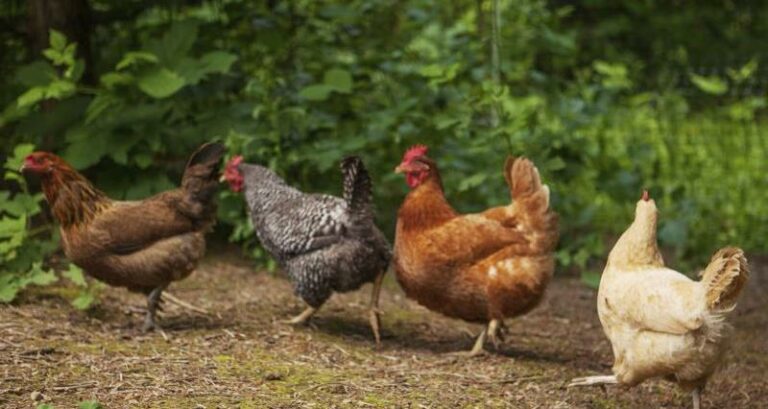The world’s biggest food company, Nestle, has announced a new set of standards relating to chicken welfare.
The firm said it had decided to pledge that by 2024, it would strive to source all of the broiler chickens used as ingredients for its US food portfolio from sources meeting a higher standard of animal welfare, building on its global Commitment on Farm Animal Welfare.
In a statement, Nestle, said it would commit to work with its suppliers on the following commitments:
* Transition to breeds of chicken recognized as having improved welfare outcomes, including slower growth rates and better leg health, as approved by the Global Animal Partnership (GAP)
* Reduce stocking density to a maximum of 6 lbs./sq. foot.
* Improve the environment in which broiler chickens are kept including access to natural light, improved litter, and enriched surroundings to help allow expression of natural behaviour.
* Ensure broiler chickens are processed in a manner that avoids pre-stun handling, and instead use multi-step controlled atmospheric system that produces an irreversible stun.
* Show compliance with these standards through third-party audits and to report on progress.
Paul Grimwood, Chairman and CEO of Nestle USA said: “We want to help bring about positive change at every level of our supply chain from our direct suppliers all the way back to the farms. We have already pledged that by 2020 all of the eggs we source as ingredients for our food products in the U.S. will come from cage-free hens. Today, we are taking the next step in that journey to help push for higher standards of welfare for broiler chickens.
“This is a complex undertaking. Such changes require investment and time, and the transition over the next seven years must be done in a sustainable and cost-effective way. We look forward to working together with our US broiler chicken suppliers and others in the food industry, as well as farmers, NGOs, and our customers to drive progress. This matters to our consumers who expect affordable, high quality foods without comprising on animal welfare, and it matters to us. We will strive to meet these standards in our US supply chain by 2024.”


